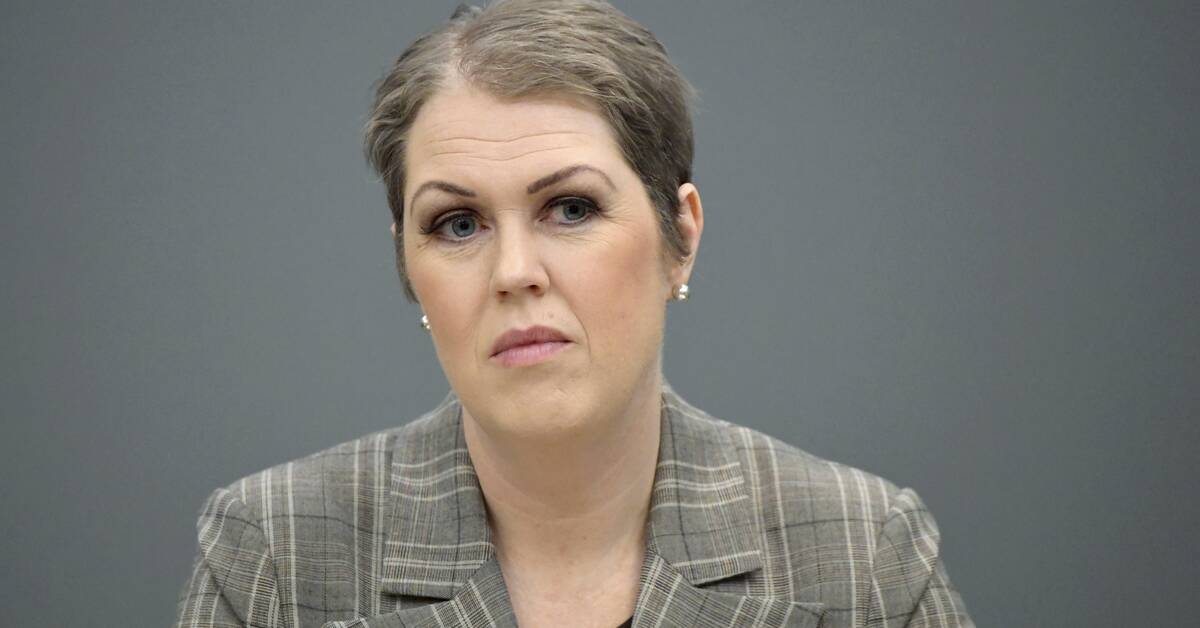The obligation to report shall, however, apply to covid-19 in health and care.
The proposals are contained in a bill that the government is now submitting to the Riksdag.
However, the abolition is not a consequence of the Riksdag in an announcement asking the government to abolish the law, according to Minister of Social Affairs Lena Hallengren (S).
- Our assessment is that it is possible to abolish the law.
If we had judged that it was not, we would have had a new discussion with the Riksdag, says Hallengren.
Not likely
What will the government do if there is a new wave this autumn and there is a need for action again?
The government does not see it as likely, according to Hallengren.
- We do not currently see in front of us that we will reintroduce restrictions in the way we have experienced to and from for two years.
But should we end up in such a situation, we will have to create a new law.
An inquiry is working on a proposal for a new infection control law, but the final proposals from it will not be submitted until 2023.
Another proposal in today's bill is that the law on temporary infection control measures at restaurants expires on the last day of March.
The obligation to report shall apply to covid-19 even if it is no longer classified as a general and socially dangerous disease.
Gets effects
The fact that the disease should no longer be classified as dangerous to society has several effects.
One is that those who suspect they have been infected are no longer obliged to seek medical attention.
The requirement for infection tracing disappears and no requirements can be placed on quarantine or isolation.
The right to carrier allowance also disappears.
But the obligation to report applies to healthcare.
Cases that are discovered in healthcare must be reported to the infection control in order for infection tracing to be possible.

